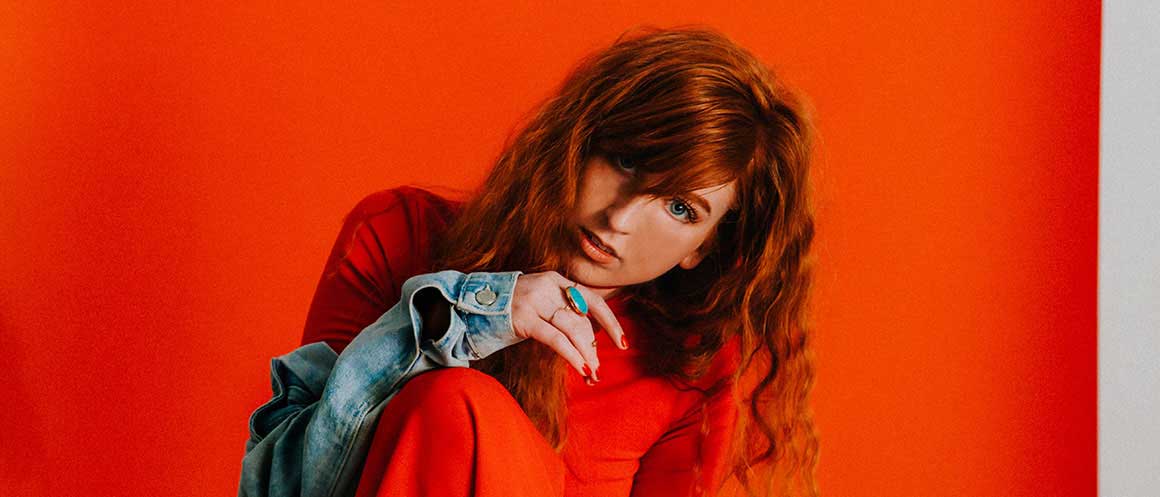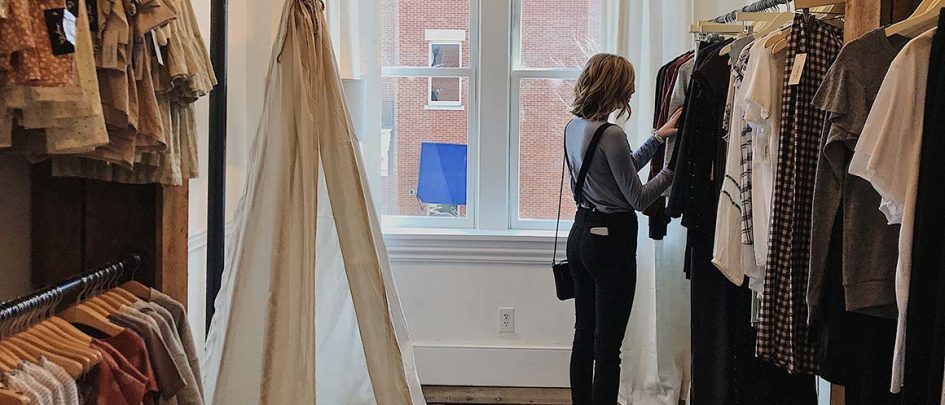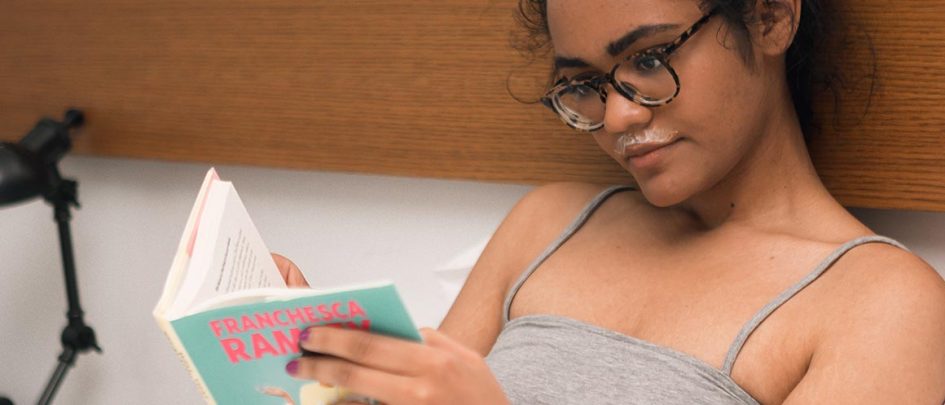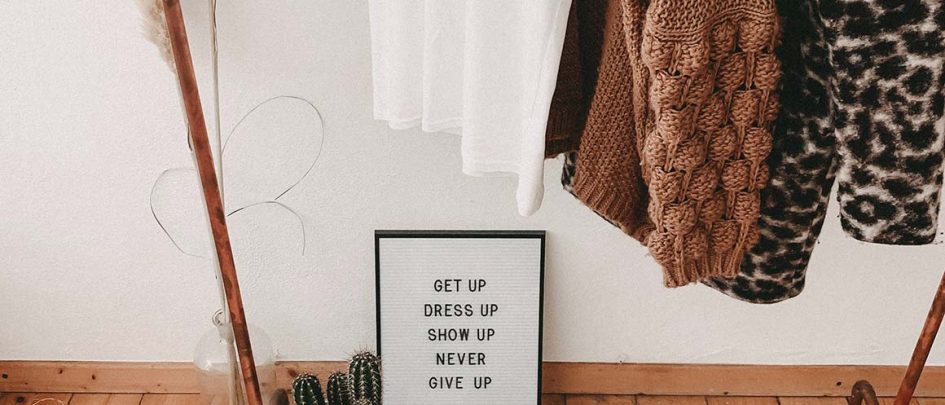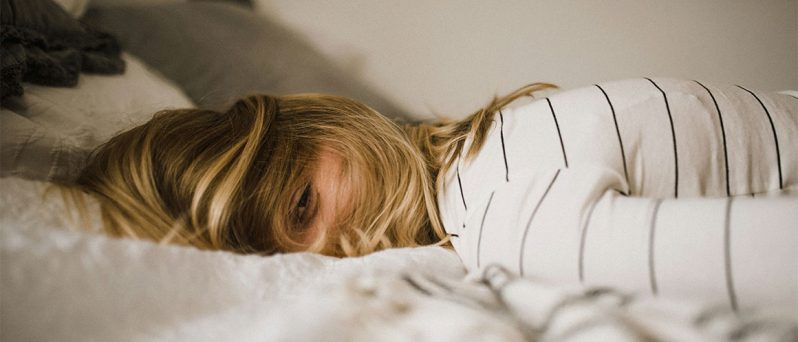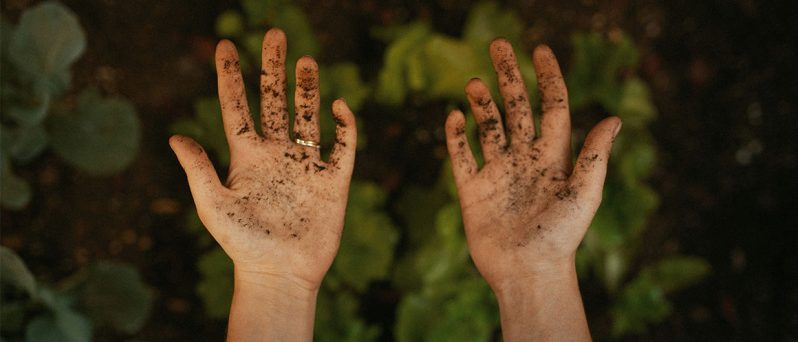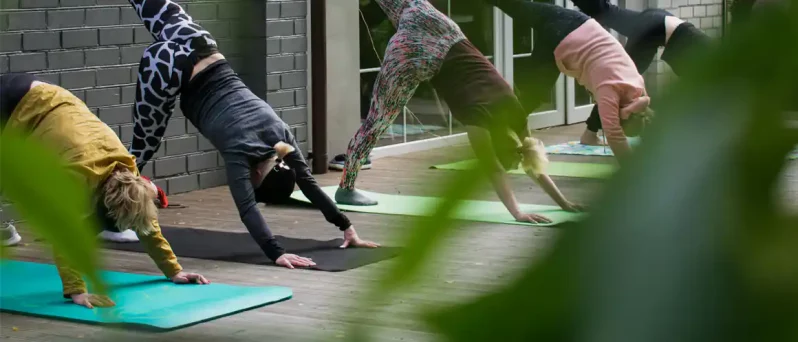For those who want sustainable and ethical fashion, the industry can seem like a megalith: unapproachable, aloof and too large for us to combat.
However your decisions, both big and small, make all the difference. So when it comes to buying yourself some new threads here are 6 simple and essential questions you should be asking yourself to move to a more ethical buying journey.
-
What are my clothes made from?
Clothes are predominantly made from polyester and acrylic. This means they could be leaching microplastics into the ocean, and polluting waterways with toxic chemicals from the dyes. Good fibres include organic cotton, or natural fabrics that haven’t been heavily processed. Find out more about what you’re wearing in our sustainable fashion blog.
-
Who made my clothes?
If you’ve heard of Rana Plaza, then you’ll be aware of the dangerous and unfair conditions that garment factory workers are faced with everyday. Fast-fashion has fuelled a desire and expectation for cheap clothes, at any cost. In a bid to combat this, the organisation Fashion Revolution organised a campaign to get shoppers engaging with people who make their clothes.
-
Which brands can I trust?
The clothing industry often has layers of subcontractors and convoluted supply chain leading to a complete lack of traceability. This catches out even some of the more respected brands.
-
Where can I buy ethical clothes?
The ease of online shopping and returning items makes it easy to buy direct from the brands you love.
You can check out online retailers such as Ethical Superstore (we particularly love their selection of fair trade jewellery!). Watchdog organisations like the Ethical Consumer and the Ethical Company Organisation provide helpful insights into ethical retailers.
Importantly, step out of the mindset of buying new clothes, and move to second hand clothes and cloth-swaps! Charity shops, vintage shops, online sites and even apps like Vinted make it easier than ever to refresh your wardrobe with pre-loved items. Even Gumtree and Facebook groups offer clothes at bargain prices. It’s reported that 235 million clothing items in the UK will go to landfill this spring. Support second hand and help avoid this pointless waste.
-
Can I fix my clothes?
Yes! It’s well known that learning a new skill can give you a great buzz of satisfaction. So why not learn one that saves you money and stops waste and let’s you hold onto one of your favourite pieces of clothing? Basic sewing is easy and won’t require much investment – just a little bit of time (arguably less than you’d need to go shopping!). There are many resources online, here’s a few great ones to start with:
- 30 Great Ways to Upcycle Old Clothes from the Morning Chores blog
- How to sew on a button from the Guardian’s Live Better blog
- The entire instructables.com website is brilliant!
- Or even take an online workshop with Tilly and the Buttons
-
Should I try swishing (aka clothes swap)?
Yes! A swishing party is a fun excuse for a get together. Without spending any money you can end an evening with a whole new wardrobe! You can swish with clothes, shoes to hats, bags and jewellery, even unopened makeup and beauty products can be swished. All offerings for exchange should be clean and in pretty good condition to guarantee that’s what you’ll be getting back. Once you’ve donated your piece, you can negotiate as much as you want!
Tempted to arrange a party? GetSwishing will get you started.
This list from Moral Fibres features 35 ethical brands giving you plenty of options that to rely on.
What about ethical periods?
Not all period products are vegan and cruelty-free. Be kind to people, the planet, and animals with Natracare pads and tampons.
Find out more
